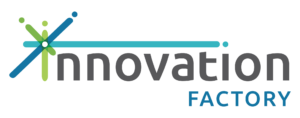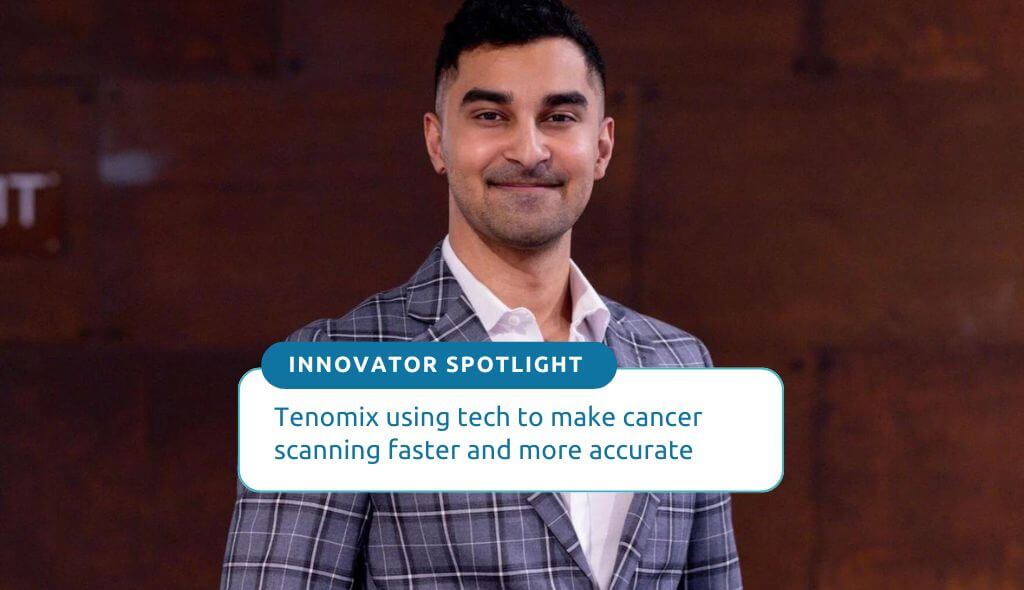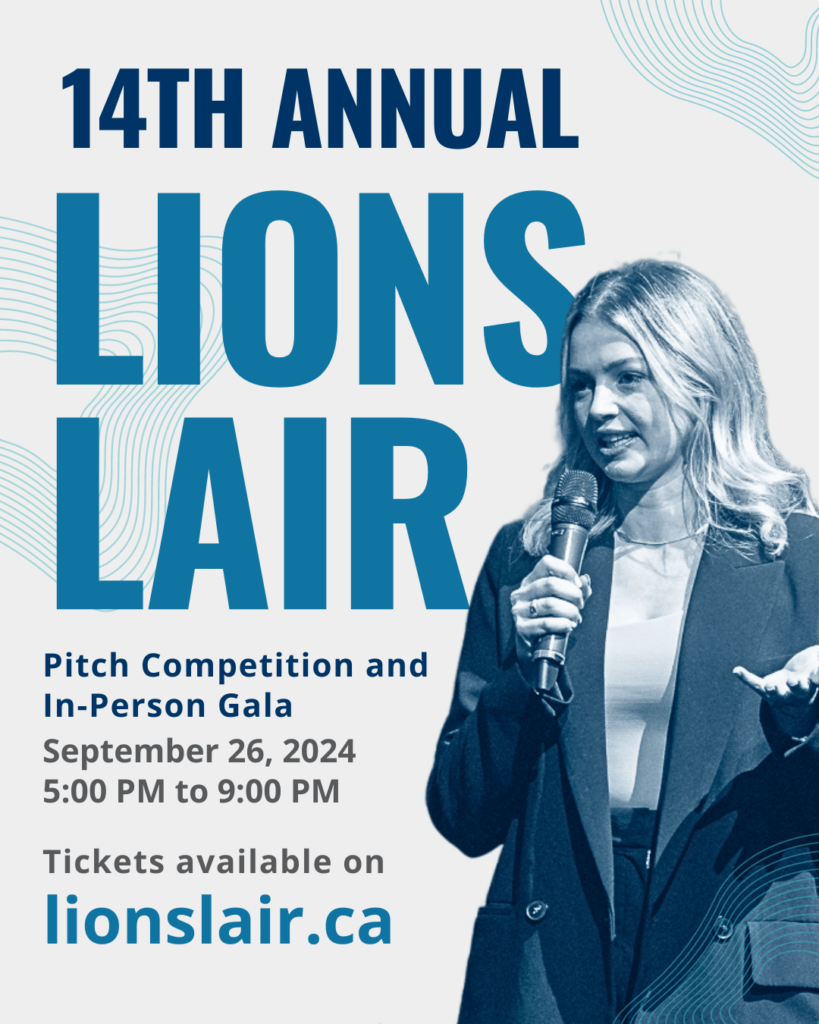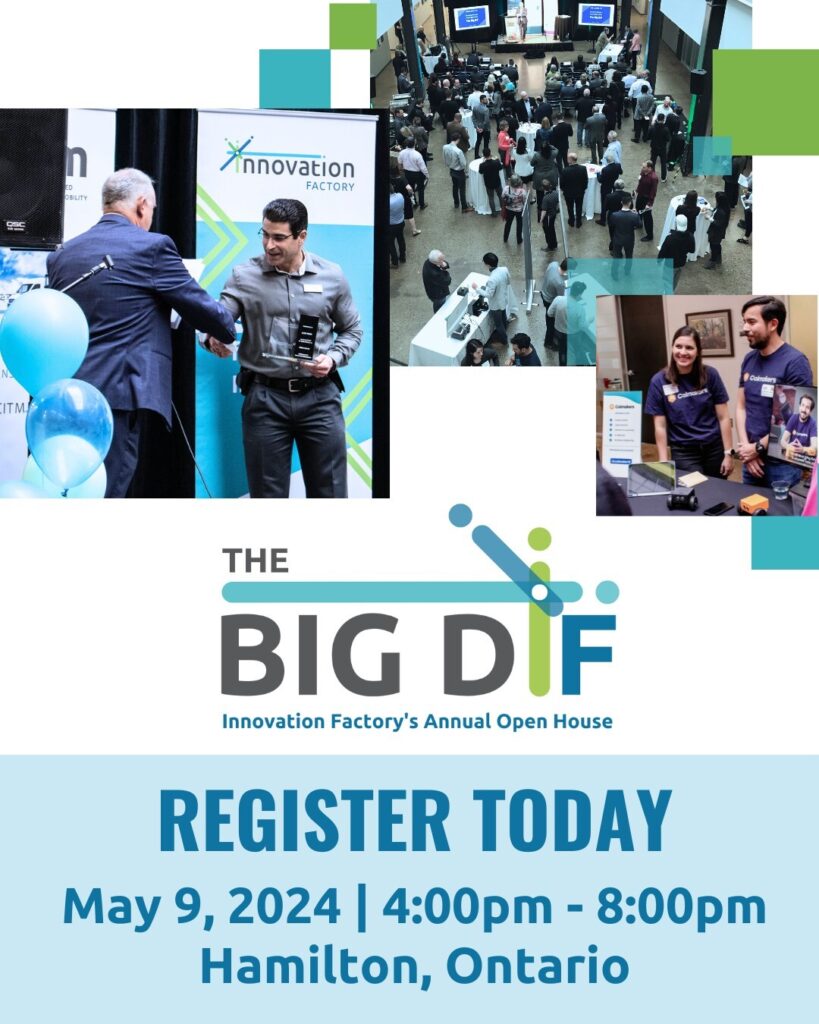For pathologists, identifying cancer-positive lymph nodes in tissue can be like searching for a needle in a haystack. With the help of ultrasound and AI, Tenomix is trying to revamp that process.
At a young age, startup founder Saumik Biswas had two unexpected and heartbreaking experiences, both of which set him on a path to develop better cancer screening.
Biswas was 7 when his younger brother was diagnosed with a rare genetic mutation. The two-year-old was missing a tibia, a bone in the lower leg. Orthopedic surgeons at SickKids in Toronto inserted a metal rod as scaffolding in the boy’s leg and harvested his stem cells to grow bone around it. “I was exposed to amazing medical innovation at a young age,” Biswas says. “My brother is even taller than me!”
Eight years later, another family member received a life-changing medical diagnosis — but the outcome was tragic. His 46-year-old aunt developed colon cancer, but doctors missed the involvement of cancer-positive lymph nodes, which led them to underestimate the progress of her disease. As a result, his aunt was not given chemotherapy, and she died the following year.
Biswas found a clear sense of purpose. “I wanted to have an impact in medicine so that there are more outcomes from innovation that are as positive as my brother’s,” he says. In 2021, he co-founded Tenomix, whose platform aims to streamline workflows in pathology laboratories, the crucial area of medicine where diseases are assessed.
The company zeroed in on the biggest pain points pathologists face when examining cancer tissues. Some studies in North America have found that cancer-positive lymph nodes were missed in 30 to 60 per cent of cases of colon cancer.
Searching for lymph nodes in surgically removed colon cancer samples, which contain large amounts of fatty tissue, is like “trying to find a needle in a haystack,” Biswas says. Once identified, the nodes are cut out and placed under a microscope, where they are examined for cancer cells. Based on their assessment of the number of cancer-positive lymph nodes, pathologists can determine the progress of the disease, which in turn dictates treatment.
To make the process faster and more accurate, Biswas and his team developed the Lymphonator, a robotic platform device that automates the search for lymph nodes. It can take more than two hours to complete this task manually for certain clinical cases. With this device, the goal is to let the robot do the hard work, allowing the pathologist to focus on other important lab duties.
Here, Biswas discusses his experiences as an entrepreneur, his company’s rapid growth and his views on how technology will continue to improve health care.
Your motivation to develop this innovation is very personal.
My parents immigrated from Bangladesh. They didn’t speak English so I was the translator with medical people from the age of seven. My dad always told me, “Try your best and provide value to society because Canada took us in.” It’s an immigrant mentality, I guess.
What has the entrepreneurial ride been like so far?
We had to make changes the entire time. It’s exhilarating. We built an alpha prototype and tested it on pig tissue. We built a better device and moved onto human tissue. We learned that human lymph nodes look a little different from pig lymph nodes. We had to tweak the algorithm; tweak the robotic side. We took our robot to multiple hospital staff. Collected feedback about what they liked, what they didn’t like. We tweaked what they didn’t like. In just under three years, the learning has been influential.
What makes cancer so challenging to treat?
Cancer is hard for researchers to figure out. It’s complex and each cancer can be different in different patients. Environmental factors also have an influence. It’s a multifactorial problem, and I suspect that when you have technology that also approaches from a multi-modal standpoint, you’ll have a better picture of how to best target cancer subtypes. Interesting clinical features could be picked up by ultrasound when used in pathology labs, and the imaging could be used in combination with MRIs and microscopic study of tissues.
So how does the Lymphonator work?
Surgically removed tissue is put in a tray system and then inserted into the bench-top device. A pathologist presses a button to activate the ultrasound scanning probe, which is robotically driven. As the probe scans the sample, the AI platform analyzes the images in near real-time, then instructs the robot to physically mark the location of lymph nodes autonomously.
Can the device be used to assess other cancerous tissues — ones from the breasts or lungs, for example?
As we continue to validate the technology, we plan to explore new applications so that we can build out the platform. A few weeks ago in Minnesota, we were observing a clinical procedure for different cancer tissue that had been surgically removed from the patient. It wasn’t an efficient protocol: Staff had to look at multiple screens at the same time as they were locating tumour marker clips in the tissue. So we started brainstorming about how our technology could streamline that process.
Where are you now in terms of development?
We have two hospitals, one in Canada and one in the U.S., actively using a prototype of the Lymphonator. The results are positive. But there’s more to do. We’re very aware of not wanting to introduce biases into AI so that it only works on a certain group of patients. We want to collaborate with more hospitals and train the algorithm on different patient populations. We’re working hard to get the device to a point where we can apply for regulatory approval. But even as we bring the device to market, data collection and different iterations will be ongoing.
What’s your advice for other innovators?
Having the right team members. Hearing from end users. Surrounding yourself with good mentors. And I’d say that founder mindset is a huge thing. You want to wake up every morning motivated by things you want to solve.
How much patience do you need to scale novel technology?
Resiliency is the way to put it. In entrepreneurship, there are lots of highs and lows. Fundraising can be tough. You hear “no” a lot. But knowing what you want to do in this life, being passionate about it, makes those lows not too bad.
How will the future of health care be impacted by technology?
What I envision is that pathology labs will be able to examine specific areas of tissue, run different analyses and provide detailed information about a patient so that tailored treatment decisions can be made. AI is a big part of that. Lots of data is being generated. AI is a tool that will improve clinicians’ workflow and help them focus on key areas of the disease where they can have the most impact.
Your work must be all-consuming.
24/7. Even in my sleep, I think of ideas. I put in 12- to 14-hour days. But it doesn’t feel like work. New challenges come up and I get to flex the creative side of my brain.
